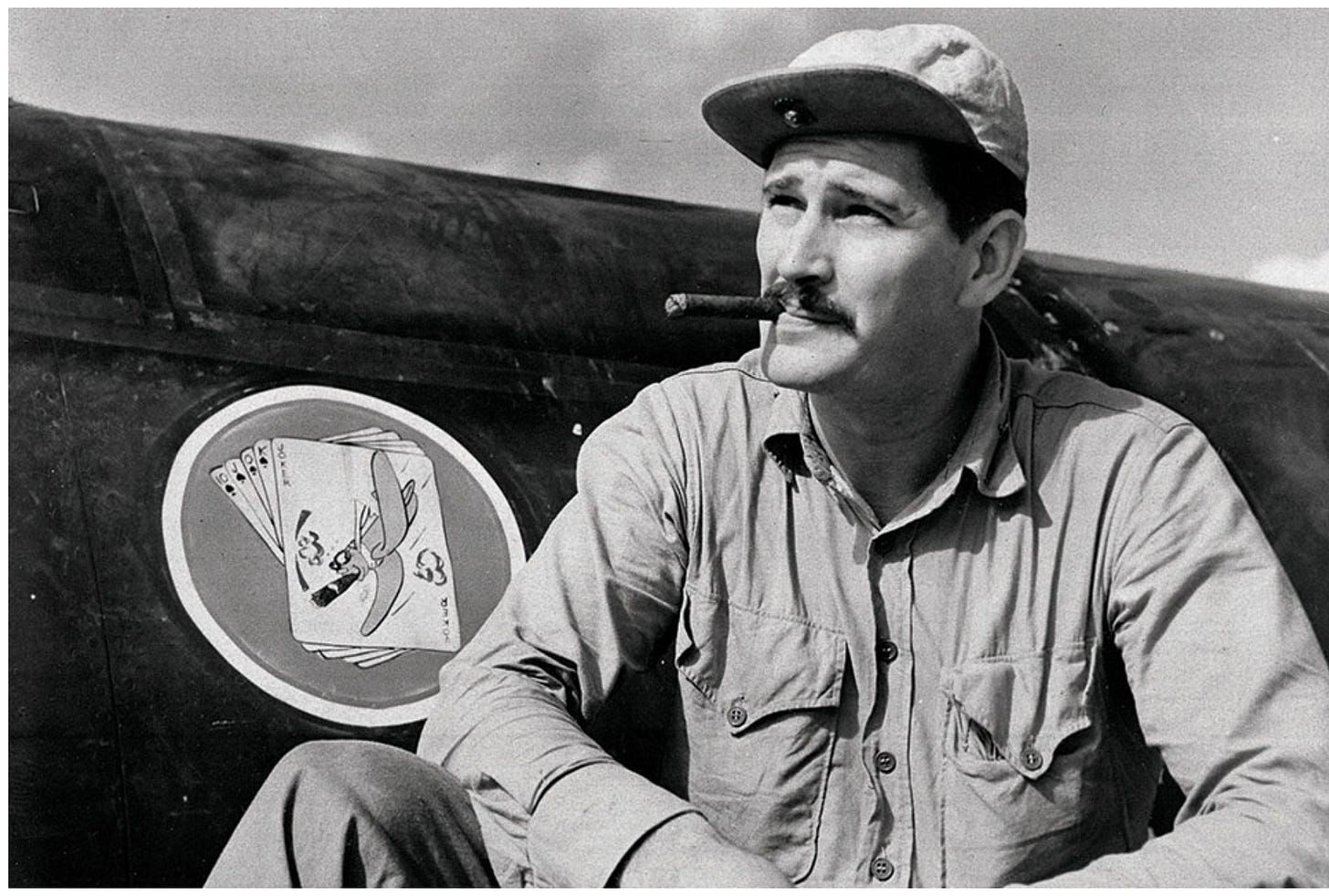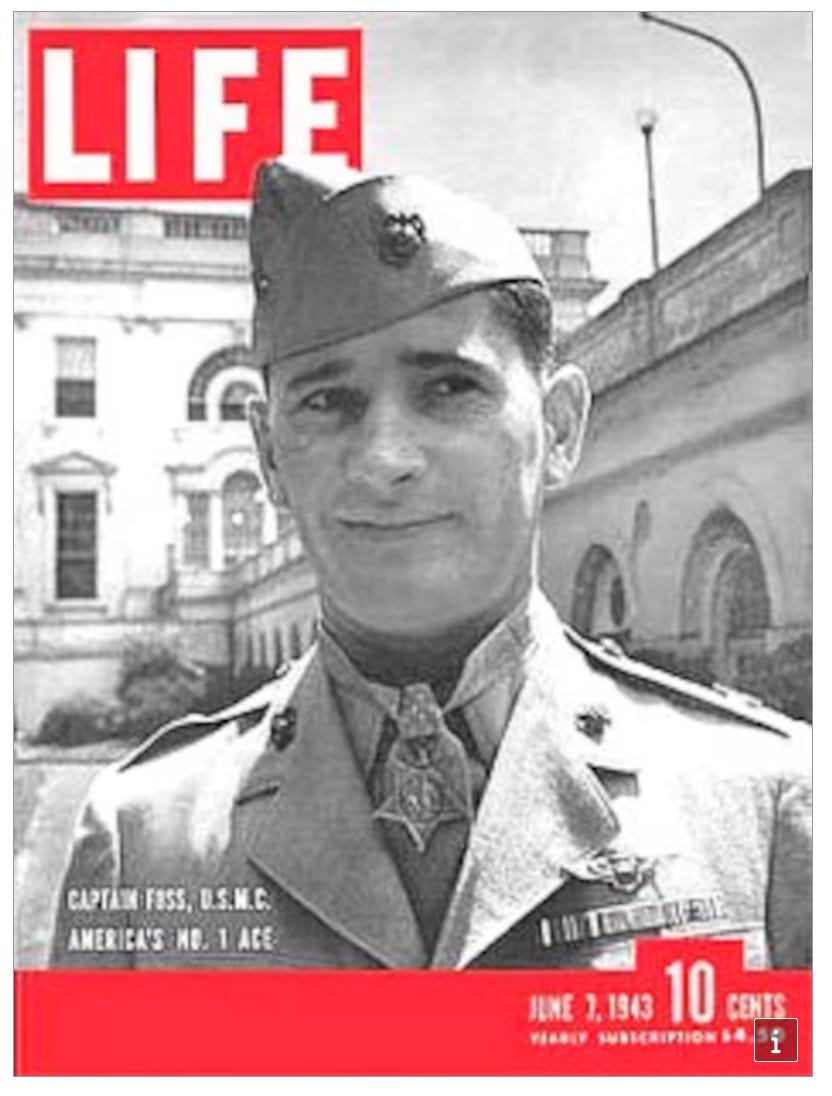Great moments in ID-checking
When GW Bush's anti-ethnic profiling jihad in airport security led to the hassling of the One Man Least Likely to Be an Anti-American Terrorist.
With the press full of anecdotes of people being hassled over immigration status, it’s worth gaining some perspective by recalling the early 21st century’s crazy series of events around airport security.
Our story starts in October 2000 with Republican presidential candidate George W. Bush, with his eye on winning over swing state Michigan’s electoral votes, denouncing profiling of Arabs by airport security at his second presidential debate with Al Gore. On the evening of September 11, 2001, I wrote:
Bush had called for laxer airport security
by Steve Sailer
UPI, September 11, 2001
LOS ANGELES, Sep. 11 -- Ironically, in an attempt to appeal to the growing number of Arab-American and Muslim voters, exactly eleven months ago George W. Bush called for weakening airport security procedures aimed at deterring hijackers.
On Oct. 11, 2000, during the second presidential debate, the Republican candidate attacked two anti-terrorist policies that had long irritated Arab citizens of the U.S. …
Bush said during the nationally televised debate, "Arab-Americans are racially profiled in what's called secret evidence. People are stopped, and we got to do something about that." Then-Governor Bush went on, "My friend, Sen. Spence Abraham [the Arab-American Republic Senator from Michigan], is pushing a law to make sure that, you know, Arab-Americans are treated with respect. So racial profiling isn't just an issue at the local police forces. It's an issue throughout our society. And as we become a diverse society, we're going to have to deal with it more and more." …
In the debate, Bush conflated two separate policies that Arab-Americans and Muslim-Americans felt discriminate against them: the heightened suspicions faced by Middle Eastern-looking travelers at airport security checkpoints and the government's use of "secret evidence" in immigration hearings of suspected terrorists. Yet, despite Bush's confusion, Arab-Americans appreciated his gesture. Four days after the debate, the Arab-American Political Action Committee endorsed Bush. …
According to a spokesperson for a leading Arab-American organization, people of Arab descent are stopped and searched at airports more often than many other ethnic groups. Some refer to this as Flying While Arab or Flying While Muslim. These terms are intended as plays on the popular phrase "Driving While Black," which is widely used to criticize police departments for stopping more black than white motorists.
This year, both Bush and his Attorney General John Ashcroft have called for an end to racial profiling.
… Bush's Transportation Secretary Norman Mineta has said that "the security procedures are not based on the race, ethnicity, religion or gender of passengers" Yet, the system is widely believed to use other information - such as whether the traveler is going to or coming from the Middle East - that tends to "disparately impact" Arab and Muslims….
Nonetheless, the Bush Administration publicly agrees with the civil rights organizations that even a nonracial airport profiling system that had merely a disparate impact on Arabs and Muslims would be objectionable. Secretary Mineta said, "We also want to assure that in practice, the system does not disproportionately select members of any particular minority group."…
To ensure that no disparate impact is occurring, the Bush Administration carried out in June a three-week study, first planned by the Clinton Administration, of whether or not profiling at the Detroit airport disparately impacts Arabs….
However, on June 6th Attorney General Ashcroft told Congress, "We want the right training, we want the right kind of discipline, we want the right kind of detection measures and the right kind of remediation measures, because racial profiling doesn't belong in the federal government's operational arsenal."
A half decade later, the the counter clerk who checked in 9-11 ringleader Mohammed Abbas for his initial flight of 9/11 came forward on the Oprah show and explained the role of political correctness in his failure to single out Abbas for additional inspection. Oprah.com recounts:
Paywall here.
Tuohey was interviewed by Oprah Winfrey:
Michael Tuohey was going to work like he had for 37 years, but little did he know that this day would change his life forever. On September 11, 2001, Tuohey, a ticket agent for U.S. Airways, checked in terrorist Mohammed Atta for a flight that started a chain of events that would change history.
Tuohey was working the U.S. Airways first-class check-in desk when two men, Atta and his companion Abdul Azziz-Alomari, approached his counter. From all outward appearances, the men seemed to be normal businessmen, but Tuohey felt something was wrong.
"I got an instant chill when I looked at [Atta]. I got this grip in my stomach and then, of course, I gave myself a political correct slap...I thought, 'My God, Michael, these are just a couple of Arab businessmen.'"
Tuohey also told David Hench of the Portland Press Herald:
Then his eyes locked on Atta.
"It just sent chills through you. You see his picture in the paper (now). You see more life in that picture than there is in flesh and blood," Tuohey said.
Then Tuohey went through an internal debate that still haunts him.
"I said to myself, 'If this guy doesn't look like an Arab terrorist, then nothing does.' Then I gave myself a mental slap, because in this day and age, it's not nice to say things like this," he said. "You've checked in hundreds of Arabs and Hindus and Sikhs, and you've never done that. I felt kind of embarrassed."
It wasn't just Atta's demeanor that caught Tuohey's attention.
"When I looked at their tickets, they had first-class, one-way tickets - $2,500 tickets. Very unusual," he said. "I guess they're not coming back. Maybe this is the end of their trip."
Even after 9/11, the Bush Administration continued to wage war on ethnic profiling in airport security, as exemplified by what happened in January 2002 to the World’s Least Likely Anti-American Terrorist, the Ace of Aces in the fight over Guadalcanal, Medal of Honor winner General and Governor Joe Foss. From the Washington Times a few months after 9/11:
Medal of Honor fails to impress airline security
Saturday, January 19, 2002
Airline security personnel at Phoenix’s international airport questioned a retired general and war hero about the Medal of Honor he was carrying before he boarded a flight to Washington, D.C.
“They just didn’t know what it was but they acted like I shouldn’t be carrying it on,” retired Marine Corps Gen. Joseph J. Foss of Scottsdale, Ariz., said yesterday in a telephone interview.
“I kept explaining that it was the highest medal you can receive from the military in this country, but nobody listened,” he said.
Gen. Foss, an 86-year-old former South Dakota governor whose resume also includes stints as president of the National Rifle Association and as commissioner of the old American Football League, said he was “hassled” about the medal by two separate security crews at Sky Harbor International Airport in Phoenix. He was trying to board an America West airliner Jan. 11 to attend an NRA meeting in Arlington.
“I received the medal in 1943 from President Franklin Roosevelt,” after shooting down 26 enemy planes in the Pacific, said Gen. Foss, who was a Marine fighter pilot during World War II.
General Foss is the 9th highest ranking American ace of World War II.
“It states all that stuff on the back of the medal,” he said.
“I was held up for 45 minutes, while they decided what to do about the medal. I almost missed my flight, as they went back and forth,” Gen. Foss said.
He stressed that he would not have boarded the plane if he had been stopped from taking the medal aboard. “I’m one of only about 140 surviving Medal of Honor recipients,” he said.
Gen. Foss acknowledges that a commemorative metal nail file also bearing a Medal of Honor inscription and a dummy bullet were also in the same pocket of his sports coat as the military medal. Those items were seized before he boarded the plane, but he was allowed to keep the Medal of Honor.
Metal nail files and other instruments with blades are prohibited from aircraft cabins under Federal Aviation Administration regulations that went into effect after the September 11 terrorist attacks.
Bullets and other ammunition are not permitted on an aircraft in a passenger’s possession. However, the bullet taken from Gen. Foss was harmless, as it has a hole in it so that it will fit on a key chain.
… Gen. Foss said he normally doesn’t travel with his medal. “I do not carry the medal around with me. But I had it with me this time to show to cadets at the U.S. Military Academy at West Point,” where he was a guest speaker last week. …
Gen. Foss says he believes his one-way, first-class ticket, coupled with the 10-gallon hat and western boots he was wearing, made him seem suspicious to security personnel.
Because he wears a pacemaker, he said he couldn’t go through a metal detector and so he had to be “frisked” by guards.
Also, Gen. Foss said, “I had to take off my cowboy boots three times [before boarding], as well as my belt and necktie. I compared the situation to bailing out to land in a foreign country.”
He said security personnel went so far as to remove razor blades from his luggage, which also went beyond FAA requirements.
Jim Baker, chief lobbyist for the NRA, said he understands the need for “extra security.” But he questions how an 86-year-old man bearing the Medal of Honor could be considered a security risk.
“There appears to be a need to incorporate common sense” with the additional security that’s being imposed, Mr. Baker said.
But at least no Arabs were profiled.




My constitutional law professor at Princeton was Walter Murphy, who also won a Distinguished Service Cross and a Purple Heart as a Marine during the Korean War (yes, academics no longer serve in the military), and retired as a colonel. When attempting to board a flight in 2007 (at the age of 78), he was informed that he was on the 'no-fly' list because of comments that he had made that were critical of the Bush Administration, but at least the Adminstration wasn't being mean to Arabs.
I was acquainted with the family of the late David Dolby, who won the CMOH in Vietnam. He told me that he’d go to the MoH Banquet every year in DC, where he’d be seated next to Roger Donlon and Jimmy Doolittle.